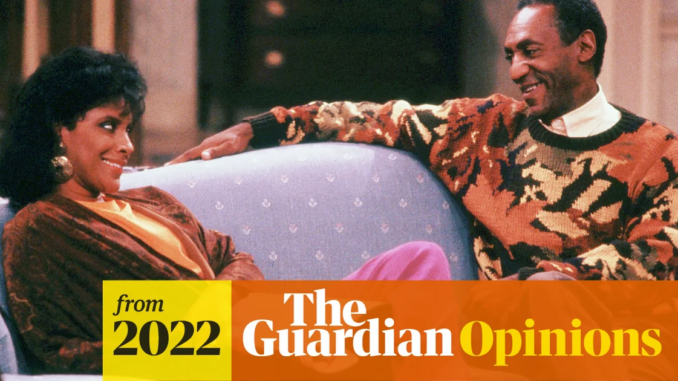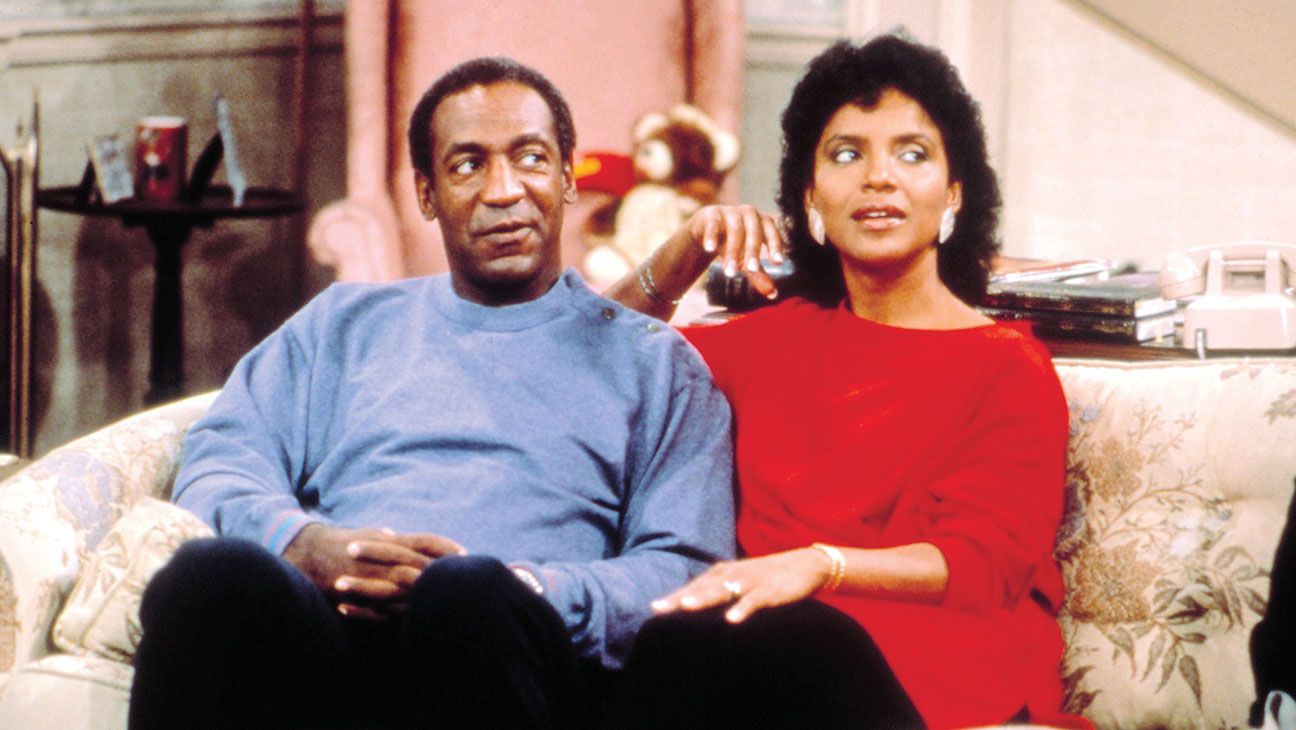
Once regarded as a shining example of wholesome television, “The Cosby Show” has faced a difficult reality since Cosby’s conviction on sexual assault charges.
One of the most heated debates surrounding the show is the question of whether audiences can—or should—separate the art from the artist. While many argue that the show’s cultural contributions deserve recognition despite Cosby’s actions, others maintain that continuing to celebrate the series undermines the gravity of his crimes. “Do we look at the Huxtable family and see the groundbreaking, positive impact, or do we see the dark cloud hanging over the man who brought them to life?” asks media critic Tanya Morrison. “It’s a difficult reckoning that asks us to reflect on our values as consumers of art and culture.”
The controversy surrounding Cosby also points to a systemic issue within the entertainment industry: the silencing of survivors. For decades, Cosby’s victims were either ignored or dismissed, and it wasn’t until the #MeToo movement gained momentum that their voices were heard. The show, once a symbol of progress, now stands as a painful reminder of the ways powerful men can manipulate their image to shield themselves from accountability.

Critics argue that continuing to show “The Cosby Show” without addressing these realities only perpetuates a culture of silence. “The Cosby Show” still holds an important place in the hearts of many, particularly within the Black community. Its portrayal of an educated, successful Black family broke stereotypes and opened doors for more diverse representations on television. However, the question remains: How do we honor that legacy without condoning the actions of its creator?
“Bill Cosby’s actions are despicable, but the Huxtables represented something bigger than him. The show gave us role models, a family we aspired to,” says journalist and fan Darryl Thompson. “It’s hard to let go of that, but we can’t ignore what’s happened.”
As more time passes, the discussions around “The Cosby Show” will likely continue to evolve. Streaming services and networks face the difficult decision of whether to include the series in their catalogues, weighing its cultural importance against the tarnished reputation of its lead. In a world increasingly demanding accountability, the show’s fate may depend on whether audiences can reconcile its cultural impact with the moral failures of its star.
In the end, the scrutiny of “The Cosby Show” may force society to reckon with uncomfortable truths about hero worship, power, and the way we consume entertainment. What’s clear is that this conversation is about much more than Bill Cosby—it’s about the broader issues that still permeate Hollywood and beyond.
